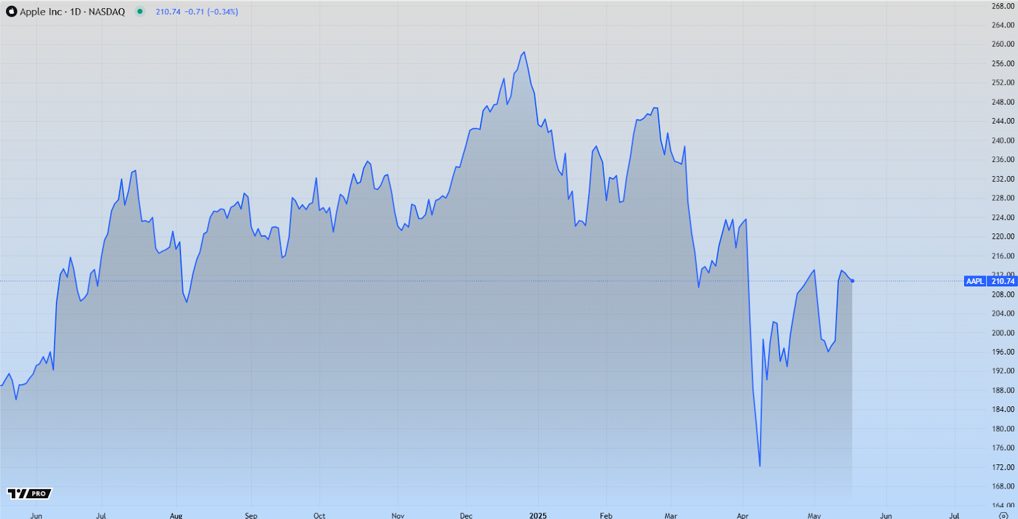Cryptocurrency and its dynamic success have taken the globe by storm. Digital currencies existed only marginally, until recently, but with their popularity and prominence rising more than ever, the need for regulations for digital currencies have arisen. Most digital currencies including cryptocurrency have certain regulations they operate under, and if you’re investing, it might be a good idea for you to be well-versed with these regulatory measures in place.
The hype-driven bull market that cryptocurrency has given rise to in the recent years have pushed experts, lawmakers and officials towards the creation of a matured regulated environment of investments. The unregulated nature of cryptocurrency market poses a lot of challenges, and some fear that putting regulations on cryptocurrencies would suppress their trading values and profitability, but experts believe it is a good move for the long-term, which would stabilize the market and invest in cryptocurrencies would be a safer thing to do.

The ICO is being looked at as securities, which can be regulated, by the Securities and Exchange Commission (SEC). The market will prevent outside manipulation, with regulations that are in place, and ensure that your investments are protected. Safer markets mean an increase in public confidence, which would involve more investment, and price surge, meaning profits for everyone in the long-run. Besides, from mining to trading, all aspects of ICO are being looked at by concerned authorities as well as taxation reporting. Capital gains mostly go unreported in most countries, with almost 60 percent of the people not mentioning their gains.
Most countries have certain cryptocurrency regulations in place like you’ve to mention your capital gains when you file your taxes. That is a mandatory requirement for most countries around the globe. So, the taxing authorities of different countries look into the cryptocurrency earnings of people investing, and go through activity logs of cryptocurrency account users.
Declare your earnings to the taxing authorities, is what we’d suggest, going forward. The ICOs are being considered as securities by the SEC in the US, hence all security regulations apply to ICOs. When a new regulatory law comes out in regard to cryptocurrency, there’s a minor dip in the market that has been noticed by the experts. But, no major share prices are being affected, and the price eventually goes up numerous studies conducted report. Cryptocurrency is largely a speculative venture, but, it is important to note that cryptocurrency regulations ensure consumer protection, which is good for you, in the long-run.
The regulations are mostly country-specific. In the UK, there are no regulation laws for cryptocurrency. Cryptocurrencies are not considered to be legal tender, but you’ve to register exchanges you make. Their taxability basically depends on the parties involved and the activities they undertake. Conventional investment rules do not apply to cryptocurrency investments, mining and trading. If you do gain or lose in cryptocurrency, regulations in the UK imply that your capital gains are subject to be taxed. For cryptocurrency exchanges in the UK, you need to register with the Financial Conduct Authority (FCA). This registration requirement includes compliance to money laundering, transfer of funds and terrorist financing regulations and amendments.
In the US, there are no consistent cryptocurrency regulations, as different states have different approaches. Though cryptocurrencies are not considered legal tender, here, too, they are considered as money transmitters since 2013. Hence, as tokens are considered substitutes for currency, or property, the IRS considered them taxable, and hence your capital gains in the US are subject to tax guidelines and rules. All authorities in the US are pooling together to come up with a streamlined regulatory approach to cryptocurrency that ensures effective consumer protection but does not harm profits or their flexibility in any way.
India follows a similar approach too. It does not consider cryptocurrency as legal tender, either, but all exchanges are considered legal, like the UK and US. The Chairman of the Central Board of Direct Taxation in India has clarified that capital gains from cryptocurrencies and bitcoins are taxable, and anyone getting such gains, are liable to pay taxes on them. All approaches to banning the exchange, trading and mining of cryptocurrencies have been thwarted by the apex court Supreme Court in the country, but it is being implied that more regulatory measures would come into place.
Before you invest in cryptocurrency, you need to be aware that this is a volatile market, where your money can evaporate, any time, if you’re not careful. So, the best decision is to be well-versed with cryptocurrency measures, and only invest when you’re sure, with the options to retrieve your money as soon as you can. If you are unsure about how to trade and mine it in the best way, you can take the help of reliable cryptocurrencies software that ensures you profit financially while ensuring security. Cryptocurrency is like a rollercoaster ride, and whether regulatory measures ensure investment protection or not would be a thing to look out for in the future.








